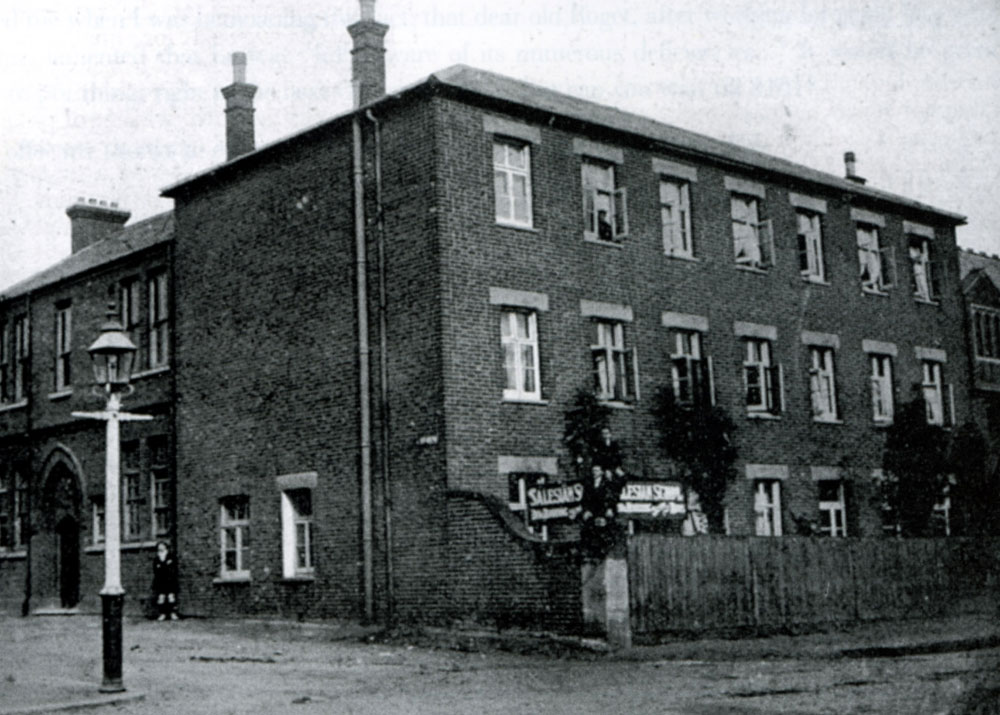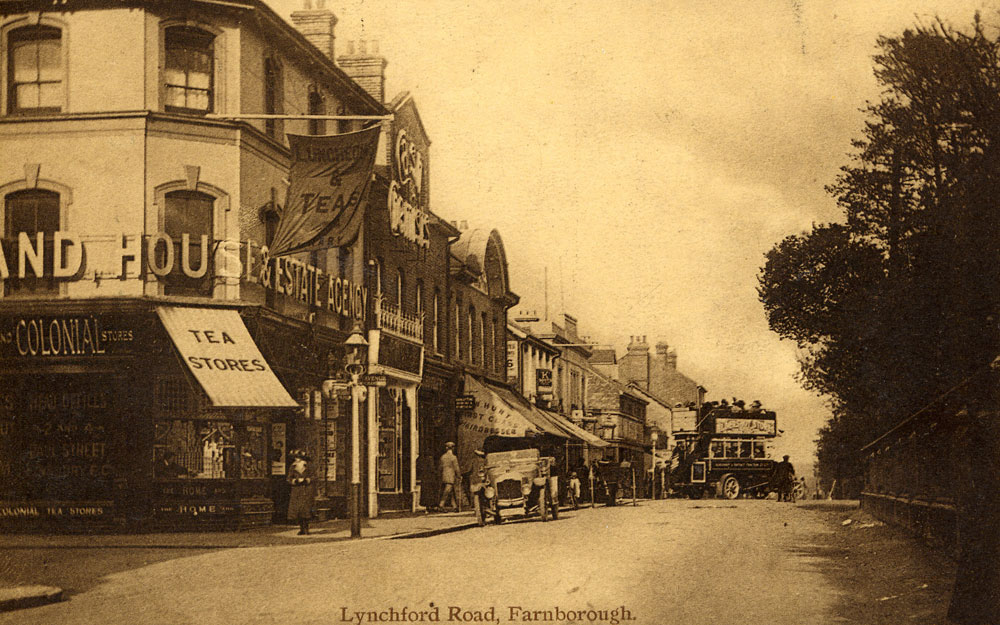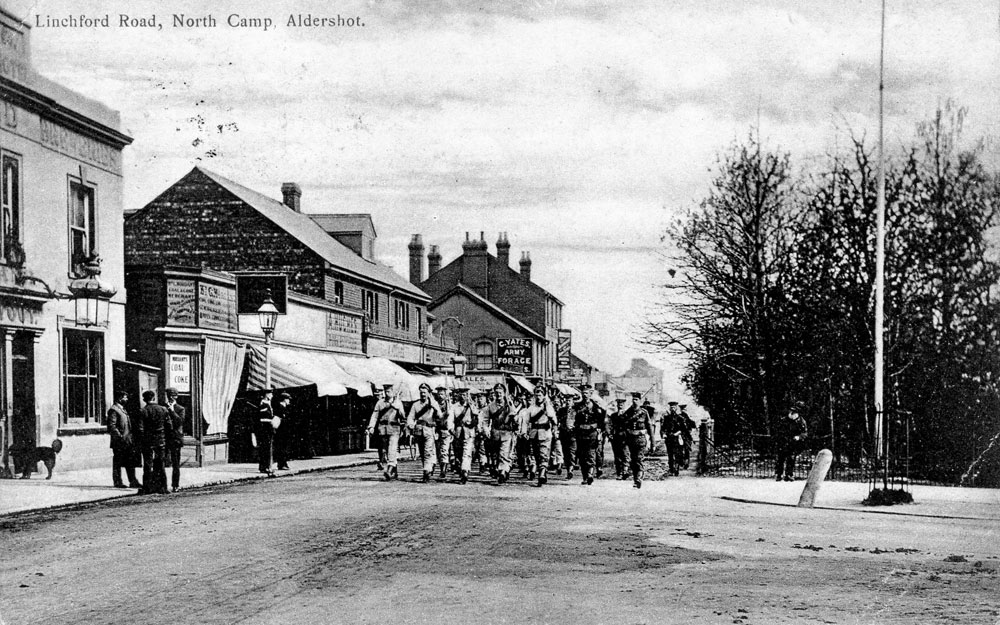
History of North Camp
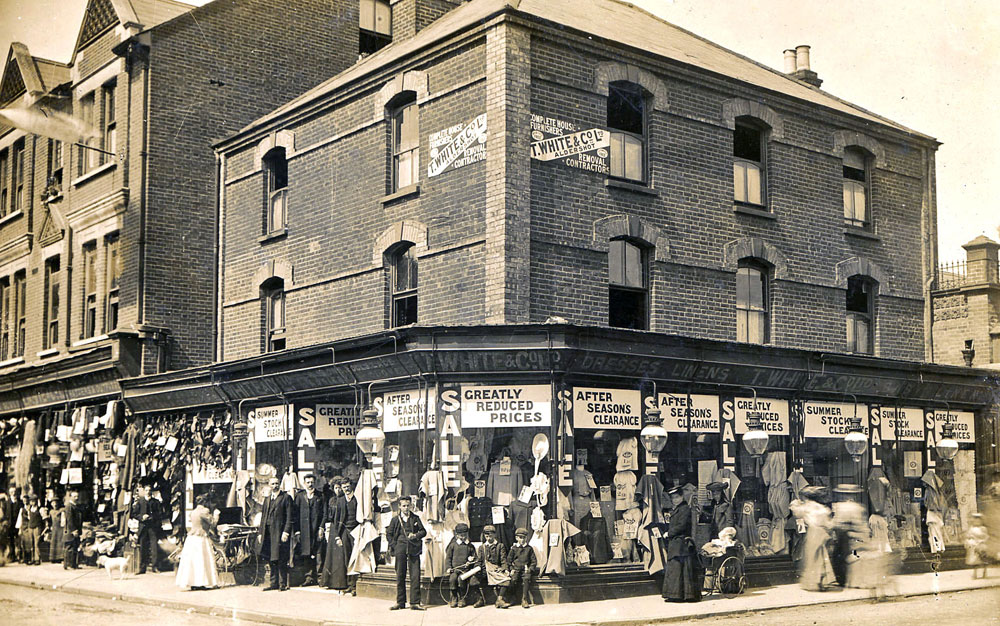
The three main beerhouses on Lynchford Road were The Barley Mow which was on the site of today’s North Camp Hotel, the Blacksmith’s Arms which was probably the forerunner of The Elephant & Castle and the Fir Tree, now incorporated within Kebur Garden Materials.
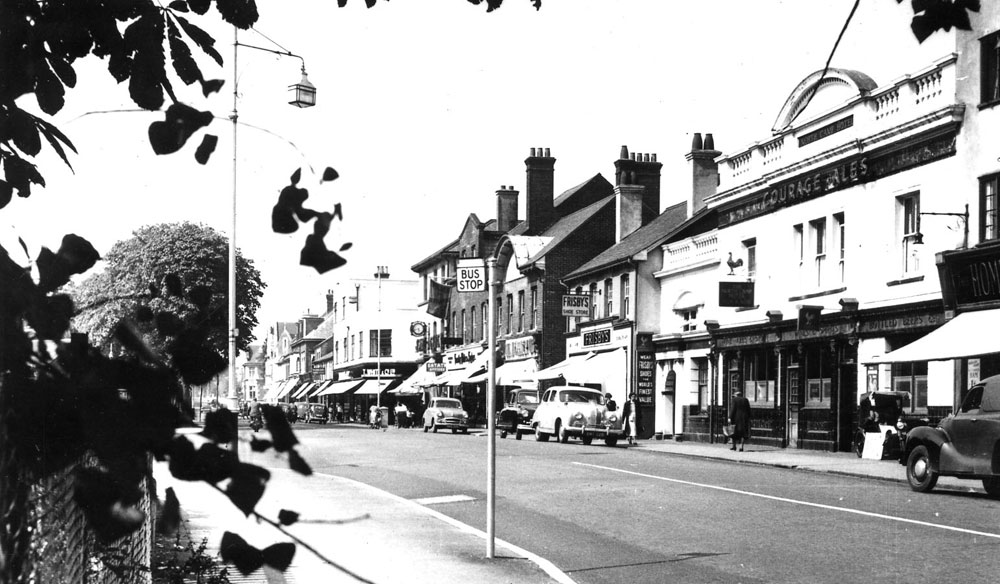
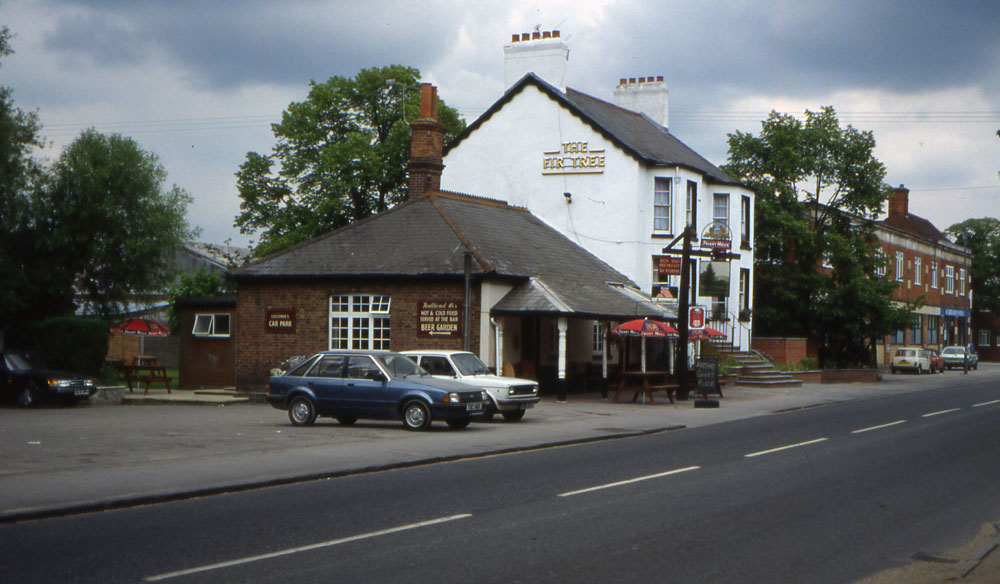
At one time there were three picture houses in North Camp. The earliest was The Empire Electric Theatre opened in 1911, opposite the end of Artillery Road. The next to open in 1912 was The Avenue Electric Theatre on the Eastern side of Camp Road, which has been replaced by a residential development named Theatre House. The Scala on the opposite side of the road was opened in 1927 and is now the Kingdom Hall for the Jehovah’s Witnesses.
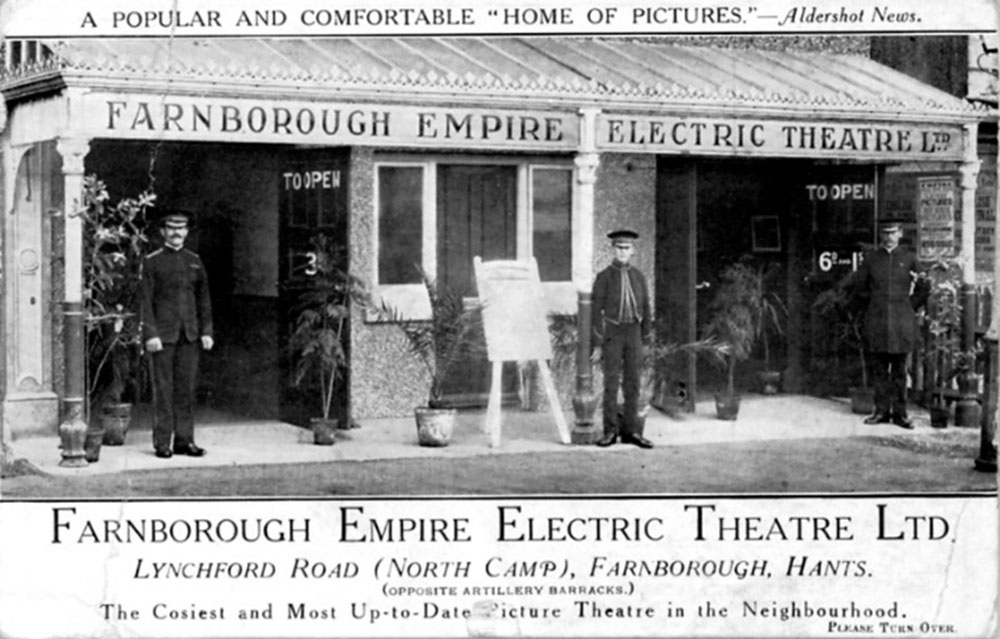
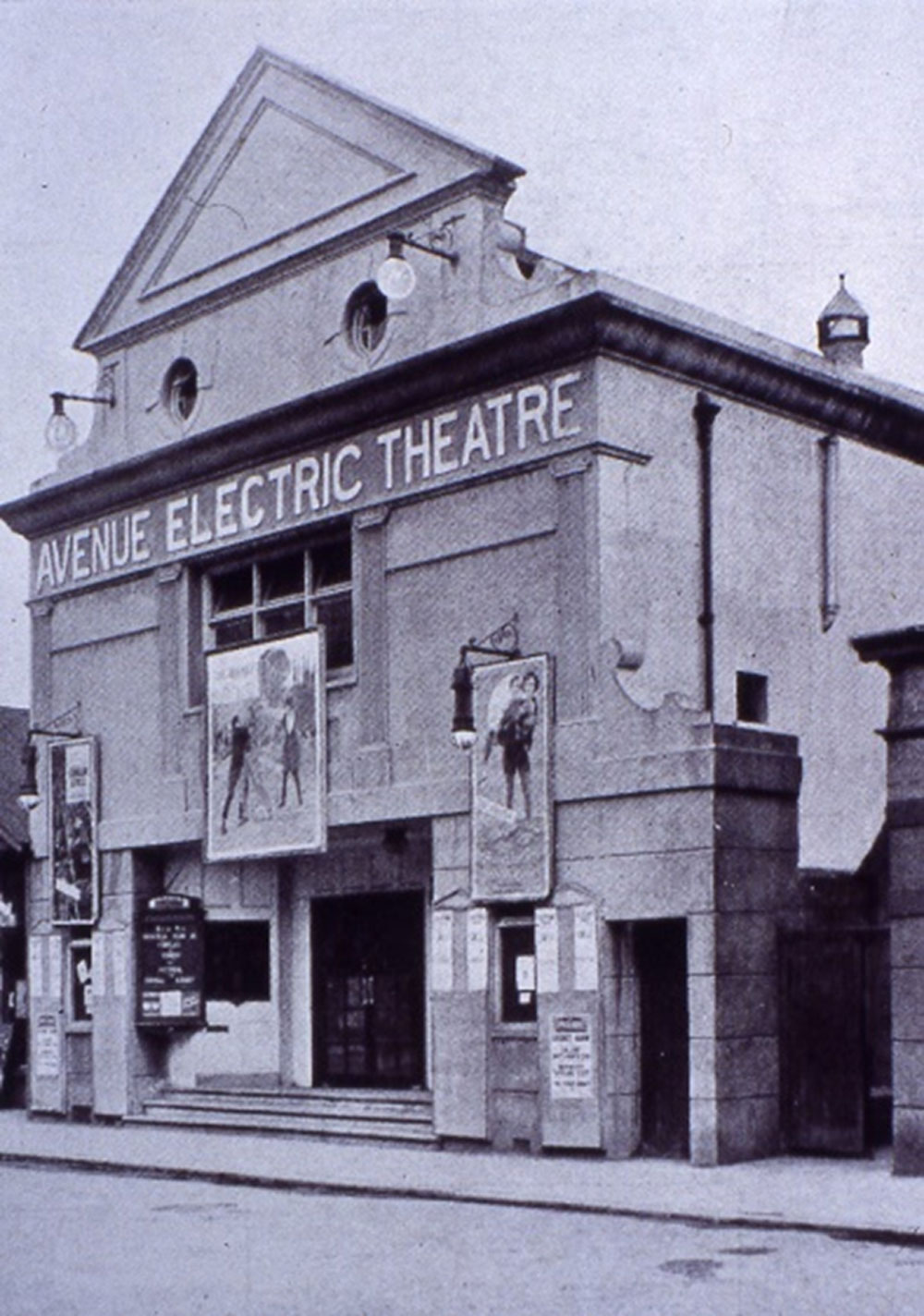
In the early days of the camp, initially made up of tents and wooden huts, there was nowhere for visiting dignitaries or senior army officers to stay. At the very outset, The Queens Hotel was erected at the junction of Lynchford Road and Farnborough Road. Originally constructed of wood, it had many rooms and excellent views over the whole camp, also it was in a prime position to view the Aldershot Camp Races, a rival in its day to the Epsom Races. Later it became brick clad, then it suffered a disastrous fire and was rebuilt in 1903 as the building we see today known as The Holiday Inn. However, it will always remain as The Queens in the heart of Farnborough people.
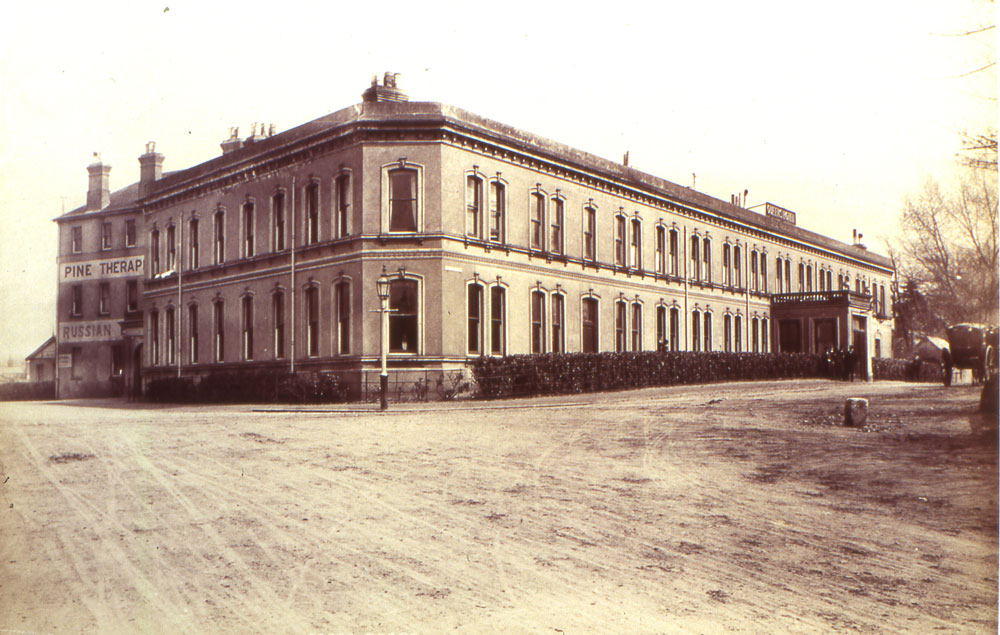
Many of the roads in the camp itself and the surrounding area were constructed from gravel and stone extracted from the many local gravel pits. Somerset, York, Guildford, Morris, Queens and Gravel Roads all show evidence of this by either dips in the roads or a variance of levels in the gardens.
Some of the earliest residential houses in North Camp were constructed in Alexandra Road mainly for officers from the Camp. For nearly 100 years, the military were the predominant influence in the village with thousands of army personnel stationed in the barracks on the Southern side of Lynchford Road. Because of the number and variety of shops and businesses, it became the main shopping centre for many miles around until Queensmead was constructed in the late 1950s in the centre of Farnborough. There were numerous bakers and butchers, and often the butcher would have his own slaughterhouse and smokehouse within his premises. All the major stores had branches, such as Woolworths, Co-op, Timothy Whites, Boots, Home & Colonial and The International Stores. Even today, inside the DEBRA shop on the corner of Camp Road, there are still the original decorative wall tiles used in the Home & Colonial hidden behind the wall coverings. All the major banks opened branches, there were two post offices and the first local telephone exchange was in Morris Road. Pharmacies, hairdressers, barbers, and many specialist stores sprung up, one pharmacy, Litchfields on the corner of Church Path and Lynchford Road, was still in business until the early 2010s, with many of the original shop furnishings from the 1890s still in place. Such was the growth of the area that in 1896, a Town Hall was erected in Alexandra Road, because it was considered to be the centre of commerce in Farnborough.
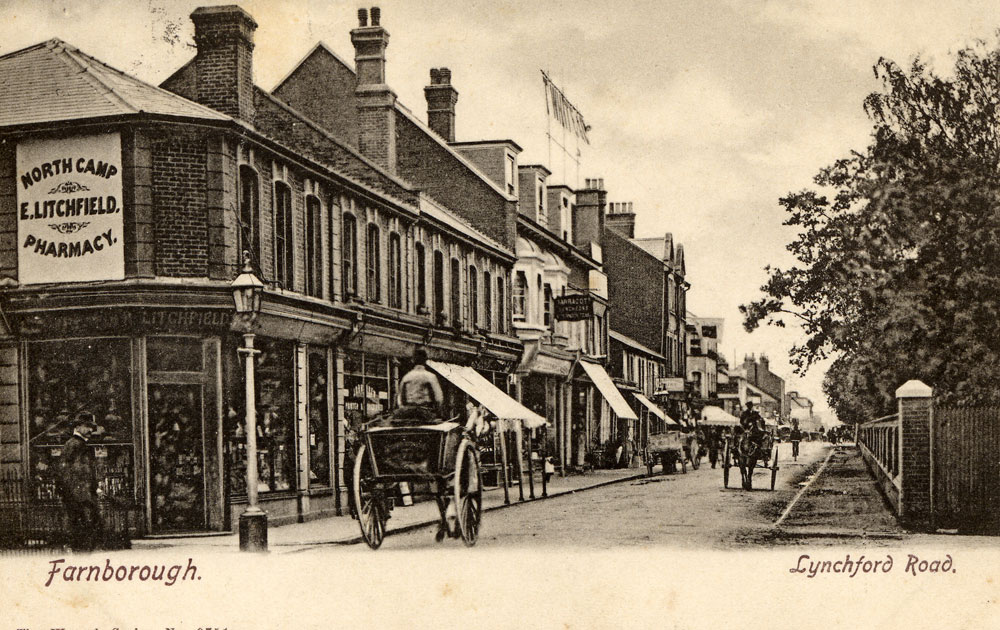
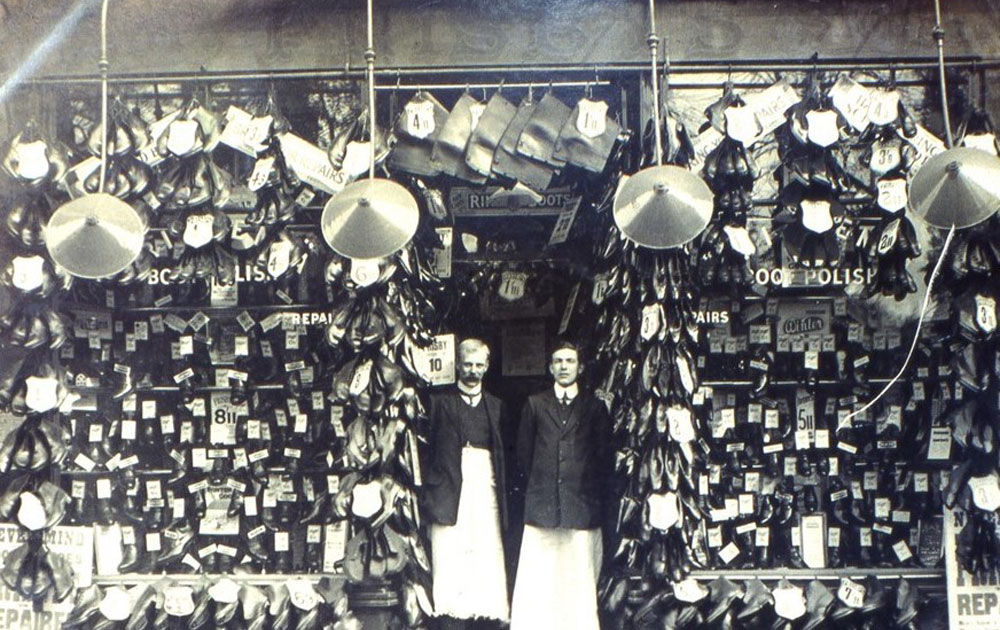
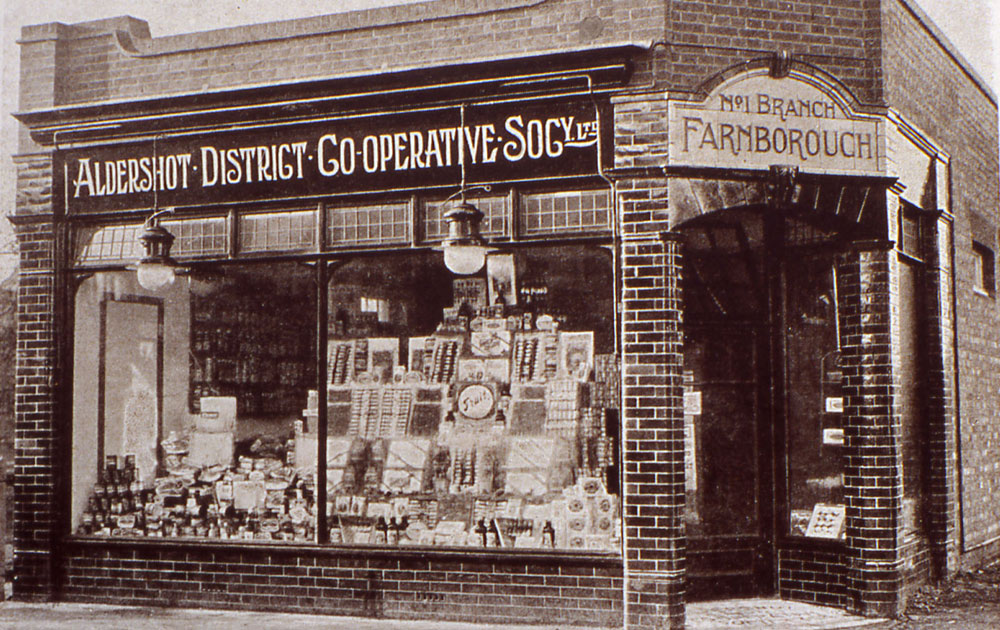
Spiritual needs were catered for in the construction of both St Mark’s Church, opposite the Town Hall, and The Weslyan Church on the corner of Alexandra and Lynchford Roads. Baptist Churches and a Catholic Church were on Queens Road and a small Catholic church was on the Queens Avenue.
A number of small schools in private houses sprung up but the Wesleyan School behind the Wesleyan Church and St Mark’s School on Queens Road were the first major ones. Following overcrowding at the Wesleyan School, the Queens Road School was opened and in much more recent times, the Wavell School at the Western end of Lynchford Road, opened in 1970.
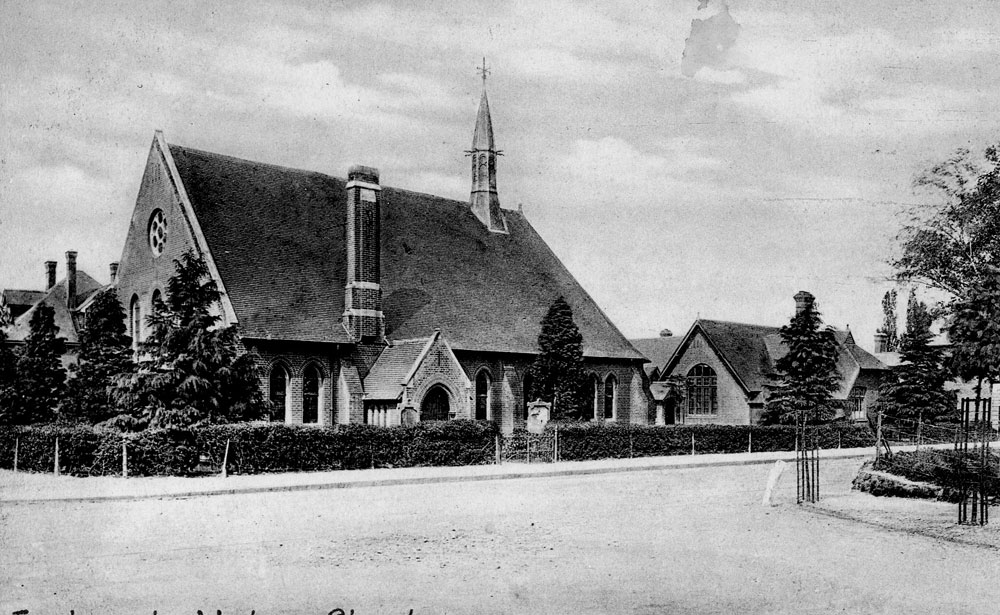
In the late 19th century a tin factory was constructed at the junction of Sherborne Road and Queens Road which later became part of the Salesian College. Today it has been replaced by a modern Catholic church.
Opposite the Southern end of Camp Road there is a piece of modern art on the grassed area before the crossing to Napier Gardens. This was constructed in 2007 in a public seating area and was designed to depict a gun carriage wheel placed on a tramway line. This represented the military connection and the fact that a horsedrawn tram on rails once travelled along Lynchford during the late 19th century. The tramway took passengers from Farnborough Main Line Railway Station, along the Farnborough Road, turned into Lynchford Road at the Queens Hotel and terminated at the Fir Tree Beerhouse near North Camp Station.
